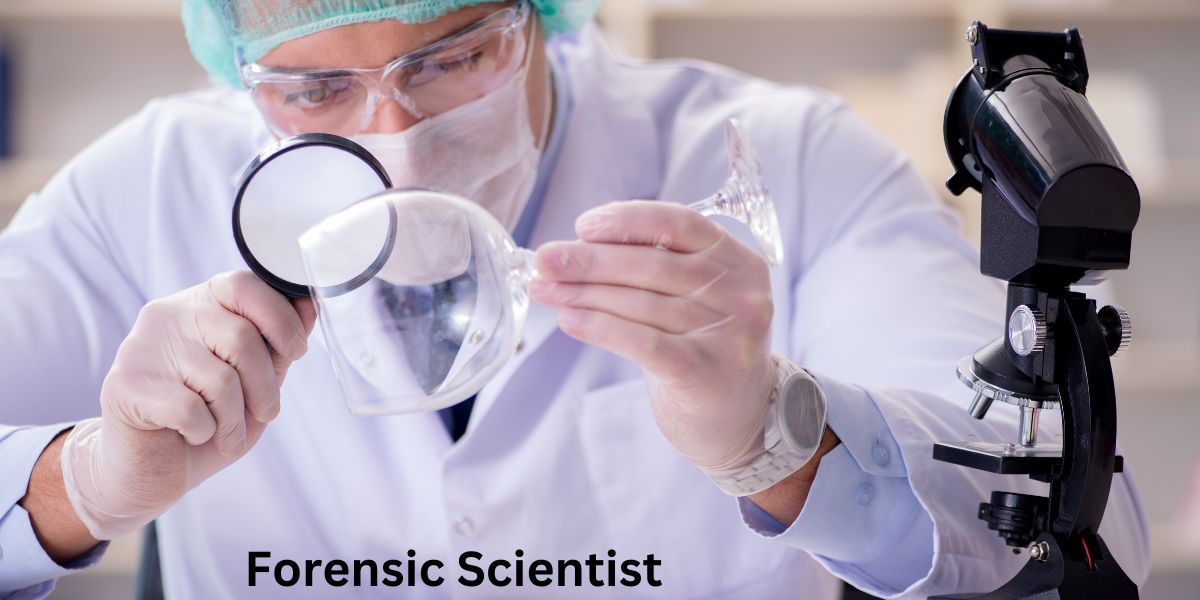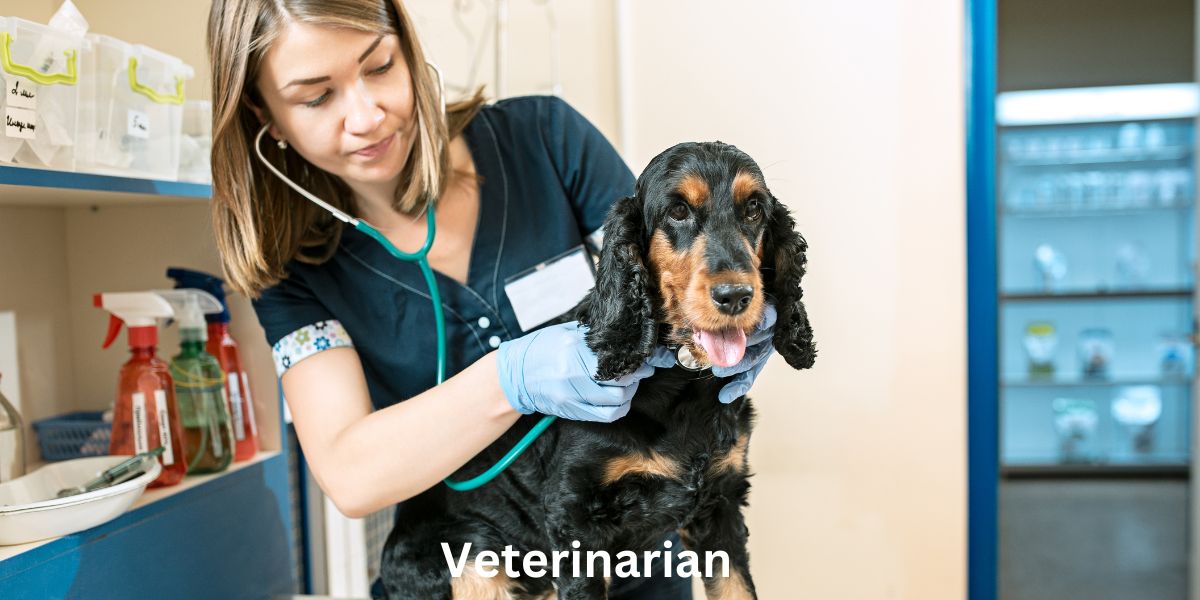Education Needed to Be a Forensic Scientist: The Definitive Guide to Launching Your Career
Imagine stepping into a crime scene and knowing you hold the key to unraveling the truth through science. Forensic scientists play a vital role in solving crimes, bringing clarity to chaos and helping deliver justice. But before you can work behind the scenes on high-stakes investigations, you need to know the education needed to be a forensic scientist.
Becoming a forensic scientist isn’t just about understanding lab techniques or crime scene protocols; it requires a deep knowledge of biology, chemistry, and criminal justice. Let’s break down the pathway to this fascinating and impactful career, so you can start your journey with clarity and purpose.
Why Education Is the Cornerstone of a Forensic Science Career
Forensic science is an interdisciplinary field that combines hard science with legal expertise. Without proper education, it’s impossible to master the complex methods needed to analyze evidence, interpret findings, and provide courtroom testimony.
The problem? Many aspiring forensic scientists don’t realize the range of educational requirements or how to structure their academic journey for success. Missteps in your academic choices can slow your career progression or limit your job prospects. But with the right guidance, you can build a strong foundation for this competitive field.
What Is the Education Needed to Be a Forensic Scientist?
1. Start with a Bachelor’s Degree
The first step to becoming a forensic scientist is earning a bachelor’s degree in a relevant field. Employers typically look for candidates with a strong foundation in natural sciences, so consider majoring in:
- Forensic Science: Some universities offer specialized degrees in forensic science, which combine coursework in biology, chemistry, and criminal justice.
- Biology or Chemistry: If a forensic science degree isn’t available, these majors provide the technical skills needed to analyze evidence.
- Criminal Justice with a Science Minor: This path is ideal for those who want a mix of legal and scientific training.
Key Coursework to Expect:
- Analytical Chemistry
- Molecular Biology
- Genetics
- Crime Scene Investigation Techniques
- Legal and Ethical Aspects of Forensic Science
Graduating with a degree in one of these fields ensures you meet the minimum educational requirement for entry-level positions in forensic science labs or law enforcement agencies.
2. Consider a Master’s Degree for Career Advancement
While a bachelor’s degree is sufficient for many roles, pursuing a master’s degree can open doors to specialized positions and leadership roles. Advanced degrees provide deeper expertise and often focus on niche areas such as:
- Forensic Toxicology: Analyzing drugs, poisons, and alcohol levels in biological samples.
- DNA Analysis: Using advanced molecular techniques to solve complex cases.
- Digital Forensics: Investigating cybercrimes through data recovery and digital evidence.
A master’s degree is especially valuable if you’re aiming for roles in federal agencies, such as the FBI or DEA, where higher education is often a prerequisite.
3. Doctoral Degrees for Research or Academic Roles
If your goal is to lead research projects, develop cutting-edge forensic techniques, or teach at the university level, a Ph.D. in Forensic Science, Chemistry, or a related field is essential.
Certifications and Training: Enhancing Your Skills
1. Certification Programs for Specialized Expertise
Certifications aren’t mandatory, but they can enhance your credibility and career prospects. Some respected options include:
- American Board of Criminalistics (ABC) Certification: Demonstrates expertise in areas like drug analysis and trace evidence.
- International Association for Identification (IAI) Certification: Focuses on crime scene analysis, fingerprint identification, and bloodstain pattern analysis.
- American Board of Forensic Toxicology (ABFT) Certification: For those specializing in toxicology and drug analysis.
2. On-the-Job Training
Forensic scientists often undergo extensive training once hired. This can include:
- Learning how to use lab equipment specific to your role.
- Understanding the chain of custody protocols to preserve evidence integrity.
- Practicing courtroom testimony to confidently present findings in legal settings.
Many labs and agencies also offer apprenticeships or internships, providing hands-on experience under the guidance of seasoned professionals.
Frequently Asked Questions About Forensic Science Education
What high school courses should I take to prepare?
Focus on subjects like biology, chemistry, and physics. Taking advanced placement (AP) or honors science courses can give you a head start. Additionally, consider electives in computer science or criminal justice if available.
Do I need a specific forensic science degree?
Not necessarily. While a forensic science degree is ideal, degrees in biology, chemistry, or physics are also highly valued by employers. The key is demonstrating strong analytical and scientific skills.
How long does it take to become a forensic scientist?
It typically takes 4 years to complete a bachelor’s degree. Adding a master’s degree requires an additional 2–3 years, depending on the program.
Can I transition into forensic science from another field?
Yes! Professionals with backgrounds in lab sciences, law enforcement, or computer science often transition into forensic roles by gaining additional certifications or relevant experience.
Key Skills Every Forensic Scientist Needs
A forensic scientist’s education isn’t just about technical knowledge—it’s also about developing essential skills that employers value:
- Attention to Detail: Even the smallest oversight can compromise evidence or results.
- Critical Thinking: Analyzing complex data to draw logical conclusions.
- Communication: Explaining scientific findings in simple terms for law enforcement or jury members.
- Ethics and Integrity: Maintaining impartiality and following legal protocols.
- Time Management: Balancing multiple cases and meeting tight deadlines.
These skills are honed during your academic journey and further developed through internships, training, and on-the-job experience.
Career Opportunities in Forensic Science
With the right education and skills, you can pursue various forensic science careers, including:
- Crime Laboratory Analyst: Analyzing evidence like hair, fibers, and biological fluids.
- Forensic Toxicologist: Testing for drugs, alcohol, and poisons in biological samples.
- DNA Analyst: Identifying suspects or victims through genetic material.
- Digital Forensics Expert: Investigating cybercrimes and recovering digital evidence.
- Forensic Anthropologist: Examining skeletal remains to determine identity or cause of death.
Each role may require specialized training or advanced degrees, but all start with a strong academic foundation.
Practical Steps to Start Your Journey Today
If you’re ready to pursue a career in forensic science, here’s what you can do right now:
- Research Colleges and Programs: Look for schools with strong forensic science, biology, or chemistry programs.
- Gain Experience: Seek out internships or volunteer opportunities in labs, law enforcement agencies, or forensic units.
- Build a Network: Join professional organizations like the American Academy of Forensic Sciences (AAFS) to connect with industry experts.
- Stay Informed: Keep up with emerging technologies and trends in forensic science by reading journals or attending conferences.
Conclusion: Take the First Step Toward a Fulfilling Career
Becoming a forensic scientist requires a blend of education, practical experience, and specialized skills. By focusing on the right academic pathway and seizing opportunities for growth, you can build a career that’s not only intellectually rewarding but also profoundly impactful.
Start your journey today by exploring programs that align with your interests and aspirations. The field of forensic science is constantly evolving, and there’s never been a better time to contribute your unique talents to the pursuit of justice.





